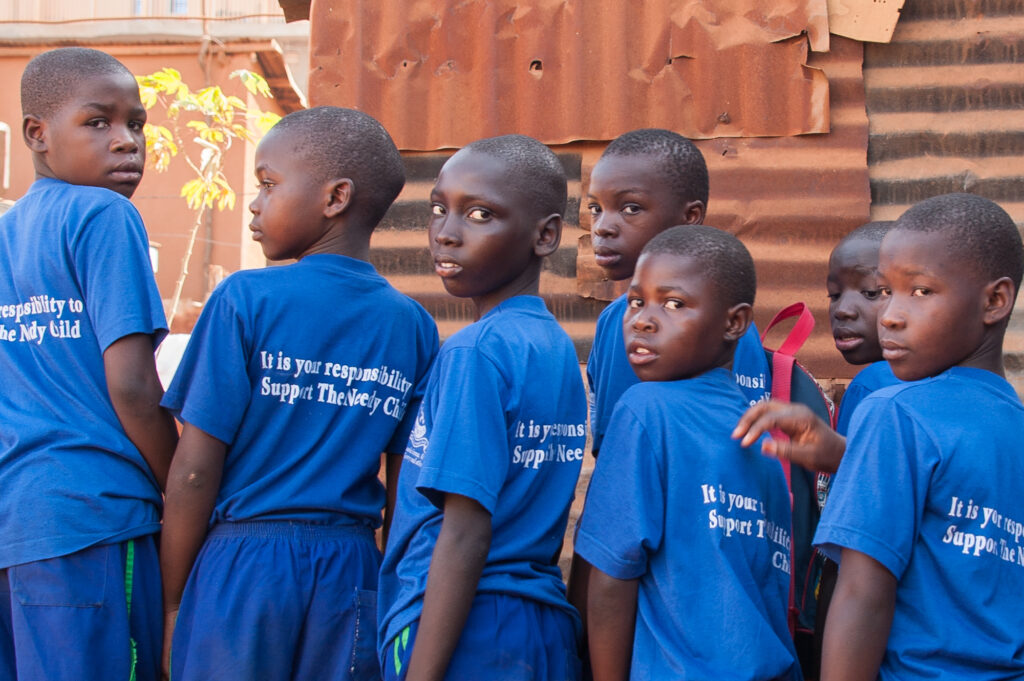
Overview
Children and adolescents face significant risks and vulnerabilities as a result of HIV/AIDS and its socio-economic effects:
MAWDA’s orphans and vulnerable children (OVC) programs, serve children in a range of adverse situations, including children who are living with HIV, living with caregivers who are living with HIV, orphaned, at risk of becoming infected, or a combination of these factors. Critical remaining risks pertinent to OVC programs include loss to follow-up of HIV-exposed infants and suboptimal viral load suppression among children and adolescents living with HIV. MAWDA continues to refine service delivery for OVC in high-burden communities to improve their health, well-being, and protection as well as strengthen child, adolescent, and family resilience.
MAWDA’s Impact
MAWDA’s OVC programs, aim to improve health, education, protection, and socio-economic outcomes among children living with and affected by HIV, their caregivers, and families. OVC programs:
- Contribute to accelerated access to HIV testing, care, and treatment and to viral suppression among children and adolescents living with HIV using child-centred, family-based case management.
- Deliver evidence-based interventions for the prevention of HIV and sexual violence targeting young adolescent girls and boys; and provide services to prevent, detect, and respond to violence against children which including sexual and gender-based violence.
- Provide educational subsidies and support, with a focus on girls’ education, in order to improve educational access, progression, and completion.
- Serve as a platform for focused efforts such as the Determined, Resilient, Empowered, AIDS-Free, Mentored, and Safe (DREAMS) Initiative that provides protective, layered interventions (e.g., schooling, economic support, parenting, and violence prevention services) targeting vulnerable adolescent girls and young women in order to build their resilience to HIV risk.
- Provide vital social support and implement targeted household economic strengthening interventions that improve socio-economic capacity and assets among OVC families; this may include strengthening financial skills and savings among older adolescents and facilitating linkage to employment opportunities for AGYW.
- Leverage other MAWDA-supported health, education, and economic strengthening programming to improve adolescent and youth resilience.
MAWDA programs for orphans and vulnerable children
To reduce the impact of HIV and AIDS on children and families, communities are better positioned to work toward an AIDS-free generation. In partnership with local entities, OVC programs strategically strengthen the capacity of families, communities, and social welfare systems to provide care and support to vulnerable children. These programs strengthen social service workforces who are on the frontlines serving OVC, as well as strengthen community structures and systems for child protection.

